
OR
Why are you hiding reports?
Published On: February 25, 2019 02:00 AM NPT By: Republica | @RepublicaNepal
One of the hallmarks of post-2007 governments came to be promising to fulfill every single demand coming from virtually all sections, even forming commissions to study those demands and thereby to address them. In the last 12 years, there have been dozens of agreements between the governments of the day and dissenting groups which remain unimplemented. Understandably, some of those agreements were signed as a measure to defer seemingly intractable crisis of the day. And this strategy may have worked in some of the cases but when the governments form commissions to look into particular incidents, they are assigned duties, they prepare recommendations and reports and submit them to the government, the government becomes obliged to act as per the recommendations of those commissions or at least make the contents of those recommendations public. On this front, our governments have failed most of the times. The government of KP Sharma Oli has not been any different to its predecessors in this regard. Facts speak for themselves.
Following the pressure from Madhes-based parties, the government of the day (headed by Pushpa Kamal Dahal) in 2016 had formed a high-level commission to probe the 2015 killings of about 50 protesters and eight police personnel in protests in Madhes. The commission led by former Supreme Court justice Girish Chandra Lal submitted its report to the government in December, 2017. As things stand, not only the government has failed to take action as per the report, it has not made the report public, even after Parliament Speaker Krishna Bahadur Mahara drew government’s attention over the matter. High-Level Education Commission’s report on education policy for the federal setup has met the same fate. The commission submitted its report to the prime minister in the second week of January but we don’t know what actually the report contains. The report of probe committee formed in August to investigate irregularities at the Social Welfare Council, which indicates massive irregularities at the council and which, according to sources, also implicates two former ministers, remains hidden from public view. The same goes with probe committee formed to probe 33-kg gold smuggling case, the controversy over fake rescues of mountaineers and trekkers among others. Only report of such committee to be made public relates to rape and murder case of Nirmala Panta, that also after huge public pressure.
The government cannot maintain transparency and accountability this way. That the government keeps vital public reports from public view indicate that it is bent on hiding things or that those reports could be implicating even officials from higher authorities. This in turn erodes the credibility of the government and leads the public to question the motive of the government. Of course, the government of KP Oli alone is not to blame for this tendency but it has to be different from previous regimes when it comes to maintaining transparency and accountability. Most important of all, in a democracy people have the right to know what the commissions formed to investigate irregularities have reported and what their recommendations are. When the constitution itself has granted people’s right to know, hiding the vital reports and recommendations from public view is simply unconstitutional and undemocratic. People’s right to know and be informed should not be curtailed.
You May Like This

What’s the rationale?
On July 31, Prime Minister KP Sharma Oli gave the impression that he meant business, seriously. He had the ministers... Read More...

Faulting on ambassador appointment
The government’s decision to appoint ambassadors has always courted controversy in Nepal and this time it was no different. ... Read More...

Maintain parliamentary decorum
It all started with one statement from Prime Minister K P Sharma Oli: I will answer all questions but ignore... Read More...


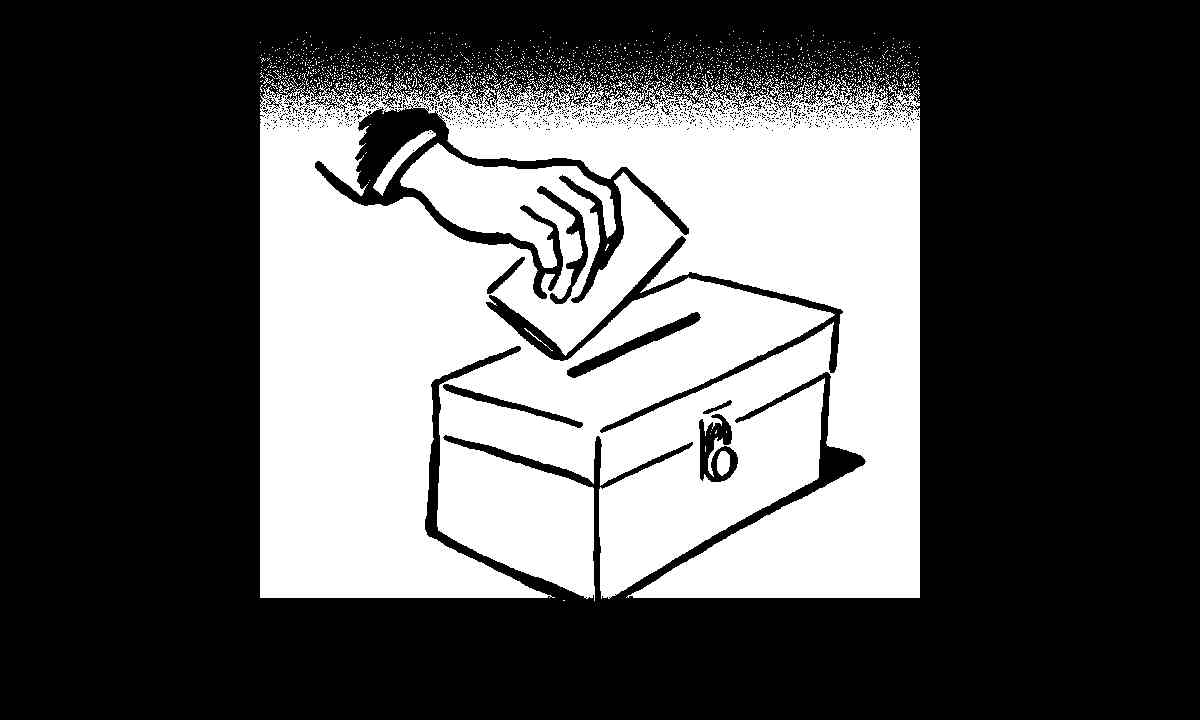

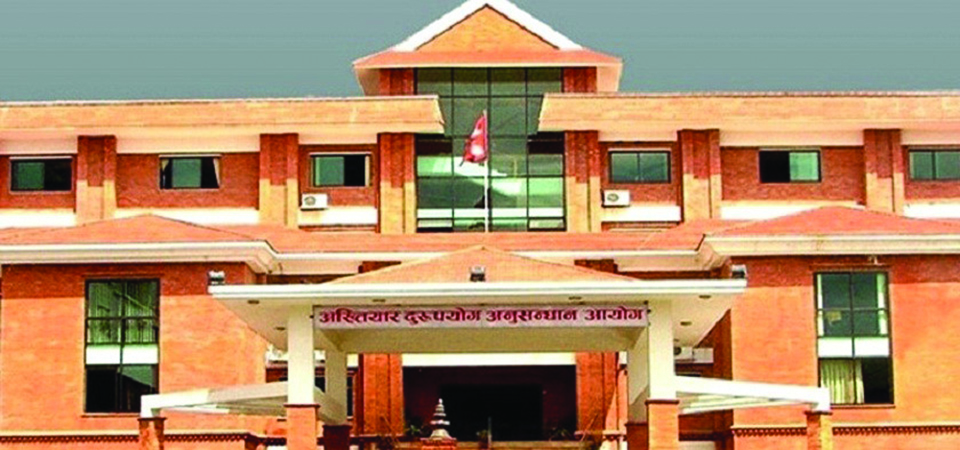
Just In
- Kathmandu continues to top the chart of world’s most polluted city
- JSP Central Executive Committee meeting today
- Ambassador Adhikari presents his letter of credentials to Turkish President Erdoğan
- Bajhang by-election: Construction of Taklakot Road is common election agenda of candidates
- Meeting of Finance Committee being held today to discuss 2025/25 budget
- Stakeholders call for transparency as Beijing pushes for early implementation of BRI projects in Nepal
- Special Court orders judicial custody for Sunil Paudel over illegal wealth acquisition charges
- District Court Rautahat sentences four individuals including Aftab Alam to life imprisonment









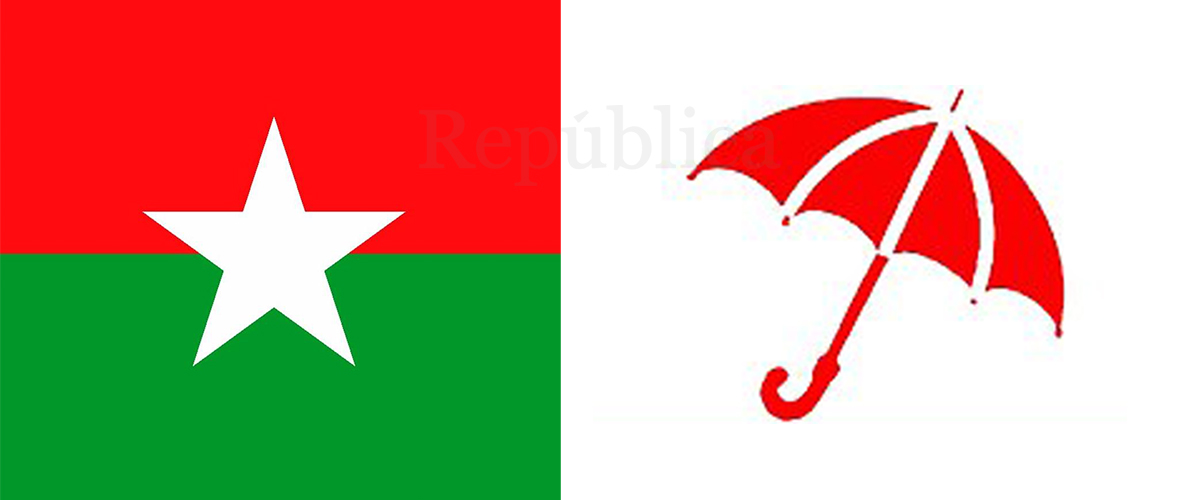
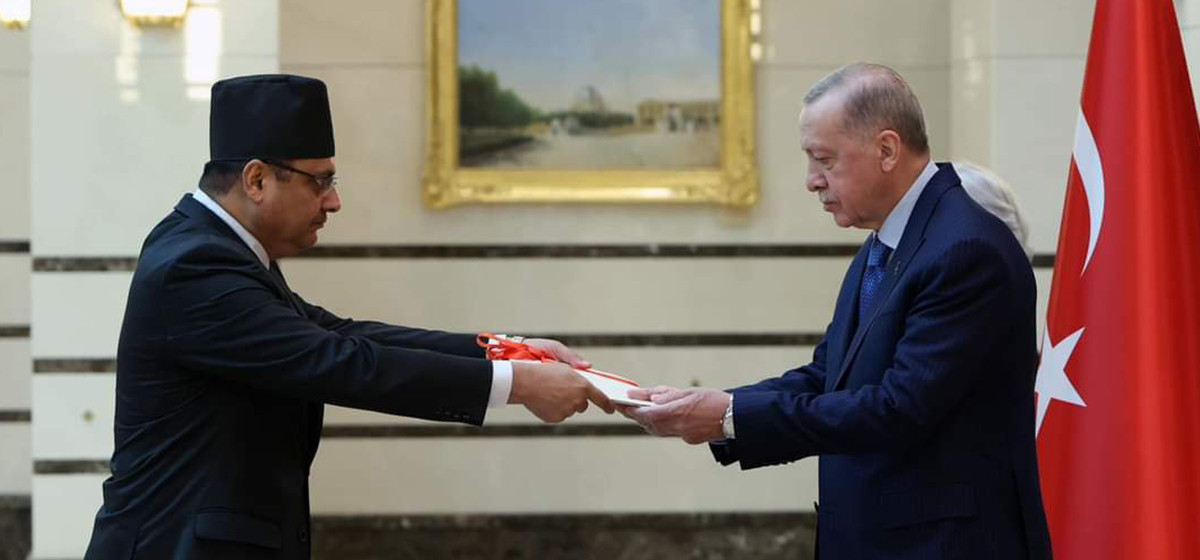
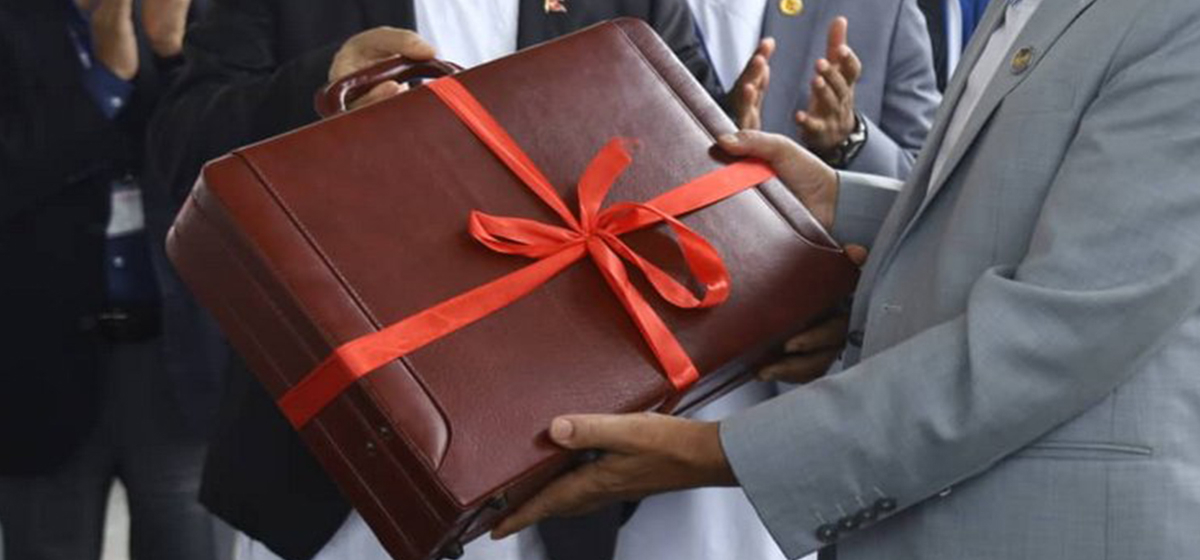

Leave A Comment